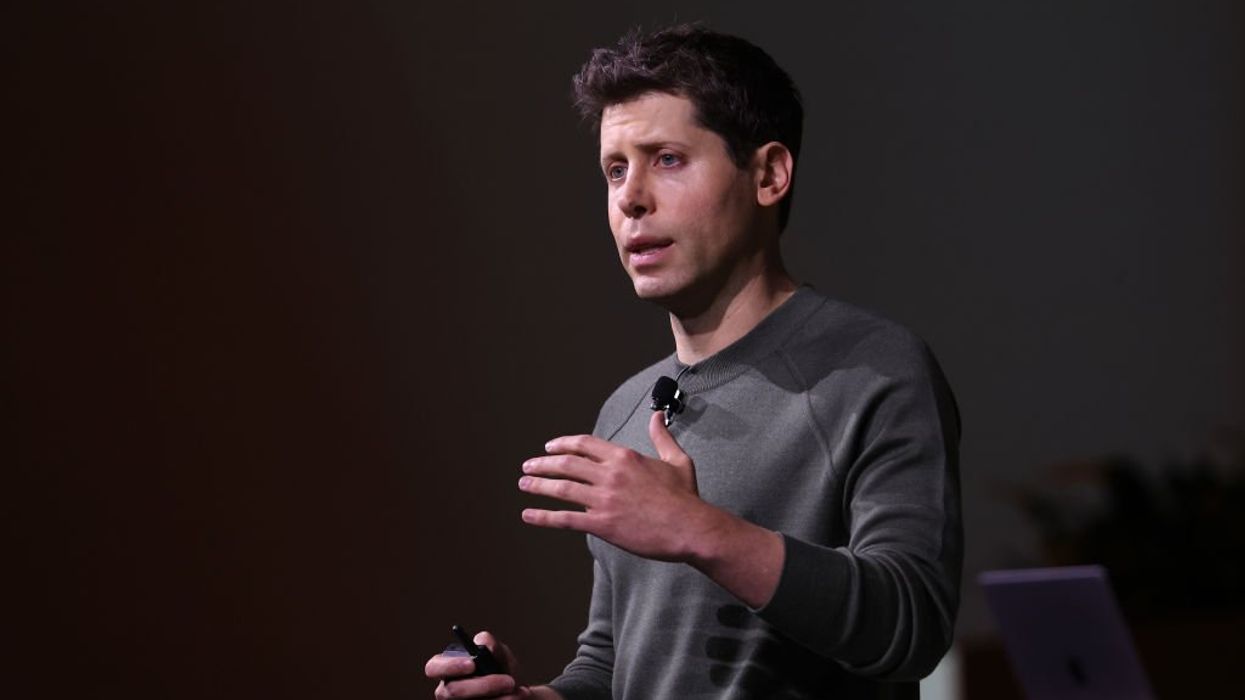
OpenAI CEO Sam Altman (Photo by Justin Sullivan/Getty Images)

OpenAI CEO Sam Altman announced Monday that the company plans to cover the legal fees for ChatGPT users facing copyright infringement claims.
During the AI company's first developer day conference in San Francisco, Altman assured customers that OpenAI would protect its users from copyright lawsuits.
"We're introducing Copyright Shield. Copyright Shield means that we will step in and defend our customers and pay the costs incurred if you face legal claims around copyright infringement," Altman said.
"Let me be clear — this is a good time to remind people — we do not train on data from the API or ChatGPT Enterprise, ever," he added.
The company likely made the announcement to calm users' concerns following a recent wave of lawsuits challenging how large language models, including ChatGPT, are trained. OpenAI is currently facing several lawsuits from authors claiming the platform used their copyrighted works without consent or compensation to train ChatGPT.
In a Monday blog post, the company expanded on its plans for Copyright Shield, stating it would "now step in and defend our customers, and pay the costs incurred if you face legal claims around copyright infringement."
"OpenAI is committed to protecting our customers with built-in copyright safeguards in our systems," the company said.
The Copyright Shield applies to ChatGPT Enterprise customers and those utilizing its developer platform. It does not apply to customers using its free version of ChatGPT or ChatGPT+.
OpenAI, Google, and Microsoft previously pushed for users to be held responsible for the results produced by their AI systems, Insider reported.
Altman's company wrote to the U.S. Copyright Office in October, "In evaluating claims of infringement relating to outputs, the analysis starts with the user. After all, there is no output without a prompt from a user, and the nature of the output is directly influenced by what was asked for."
The company claimed that its AI software includes "multiple 'guardrails' designed to prevent infringing outputs," but noted that "a user deliberately seeking to generate an output that includes those elements may, on occasion, be able to evade those guardrails. Here, again, it is the user who determines whether the output implicates the exclusive rights of a copyright owner."
Forbes reported that OpenAI's Copyright Shield is nothing more than "an indemnification clause in a contract," which is the standard for many technology license agreements.
Like Blaze News? Bypass the censors, sign up for our newsletters, and get stories like this direct to your inbox. Sign up here!